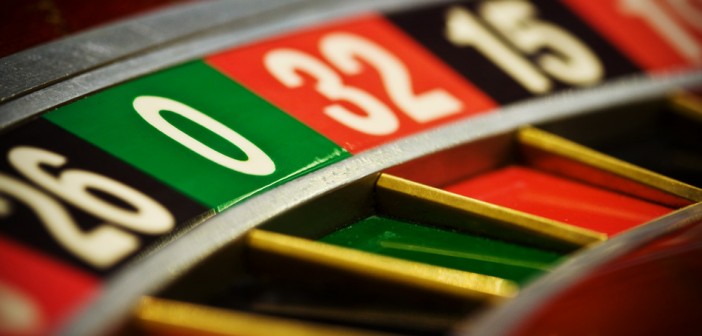Brought to You by Nuffnang and the NSW Government
Most parents teach their kids about the dangers of excess and risky behaviour as they grow up … but is Gambling on your chat list?
Gambling is a problem for many adults and it often begins in our formative years as kids and then into our teenage and young adult years. Research regularly lists gambling as a high-risk behaviour along with alcohol, drugs, promiscuity and illegal activity.
In 2009-2010 the first national study of gambling behaviour amongst young people in Australia was undertaken. The report found that of people aged 10 to 24 years, 5.7 per cent of males and 3.2 per cent of females were classified as problem gamblers, with 19.1 per cent of males and 13.9 per cent of females considered ‘at risk’ (Australian Council for Educational Research Ltd, 2011).
How Does it Start?
Young kids are exposed to gambling in subtle and seemingly harmless ways as they observe their parents and other adults playing poker after dinner, putting a few dollars through the slot machines or buying a scratchy at the newsagent. It is reinforced by the deluge of TV ads before the football or coverage of the Melbourne Cup and it all seems very mainstream and normal.
They rarely hear of any of the problems of gambling addiction.
Innocent Beginnings
Even in activities that we may not consider gambling, our kids get their first tastes of the emotional pull of getting something for nothing or little. The football club raffle, the fete cent auction, and the ‘skill tester’ machine where they could get a cuddly toy for $1 are all examples of game setups that mimic gambling. These activities normalise the idea of risking your money for the tiny chance of winning a bigger prize.
In my family, I allow my kids to try some of these things but we discuss the fact that it is not a fair game and that it is designed to take your money. The house always wins and we make sure our kids know that … then they can play but knowing they probably will never win.
Kids Brains
Adult brains are not fully developed until our early to mid-twenties and it is during these developing years that we are vulnerable to favouring emotion over logic and also establishing patterns that will effect how we live the rest of our lives.
This coincides with the time in our life where we are starting to have access to more money and opportunity to make our own decisions and an unsuspecting teenager can quickly slide into problem gambling.
How to Handle It?
As usual the key is open and clear communication with a dash of thinking ahead. Try to reduce the exposure of kids to gambling and risk taking behaviour and talk to them about the reason gambling exists … its to make money for the person running the game. Its unlikely that you will participate and win and its a terrible way to try to get rich.
Discourage kids from living life by chance and encourage them to strategically save and work for the things that they want. Setup your own ‘games’ where if they work and think and cooperate, they can win every time 🙂
What If Its Already a Problem?
 If gambling is already a problem for your child or anyone in your family, then the important thing to know is that there is lots of FREE and anonymous help available.
If gambling is already a problem for your child or anyone in your family, then the important thing to know is that there is lots of FREE and anonymous help available.
Here are some ideas:
- Visit www.gamblinghelp.nsw.gov.au – (all Gambling Help services through NSW problem gambling are free)
- Post a comment below and ask any questions you like and I’ll have them answered by a problem gambling professional
- Email me [email protected] and I’ll send your question through to the NSW problem gambling social media forum where it will be answered by a problem gambling professional
Please do pass this post on to anyone you think may need it. Problem gamblers are stronger than they think and seeking help is the perfect opportunity to show everyone what they’re made of.

